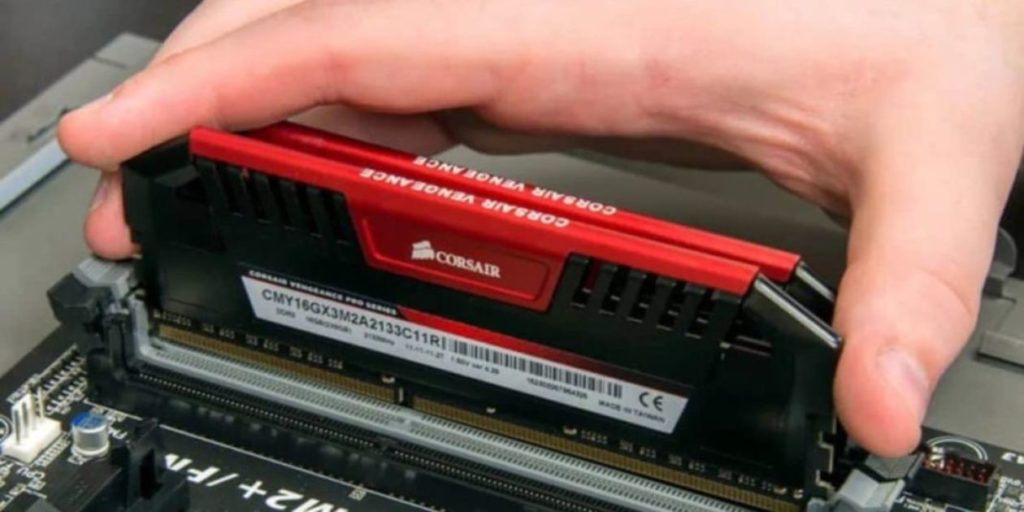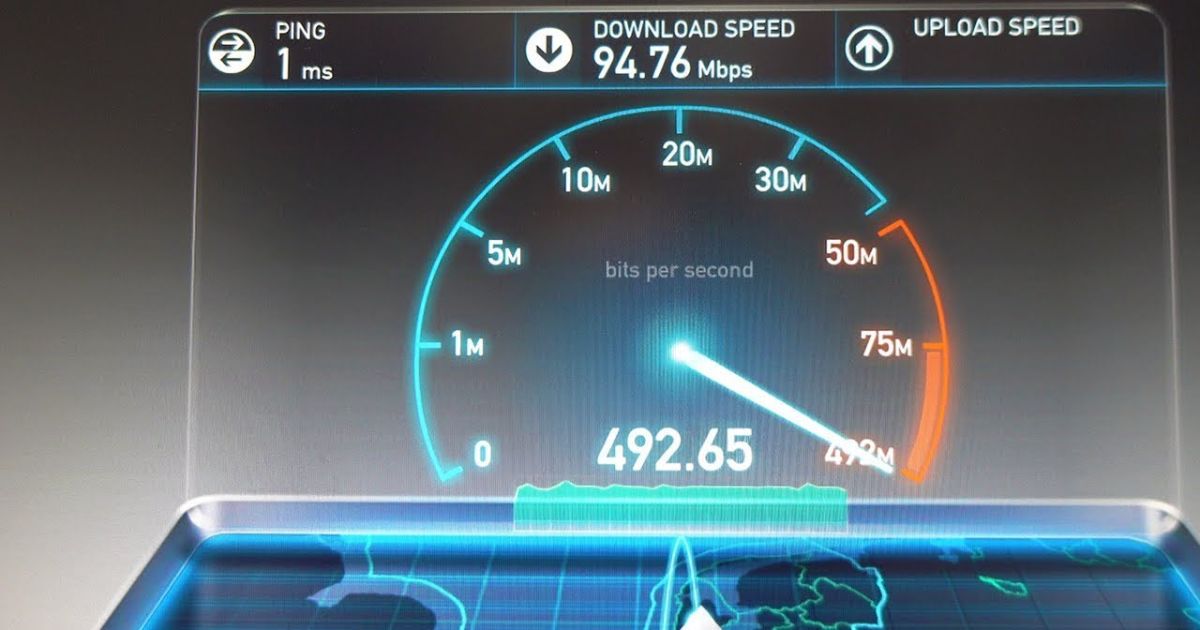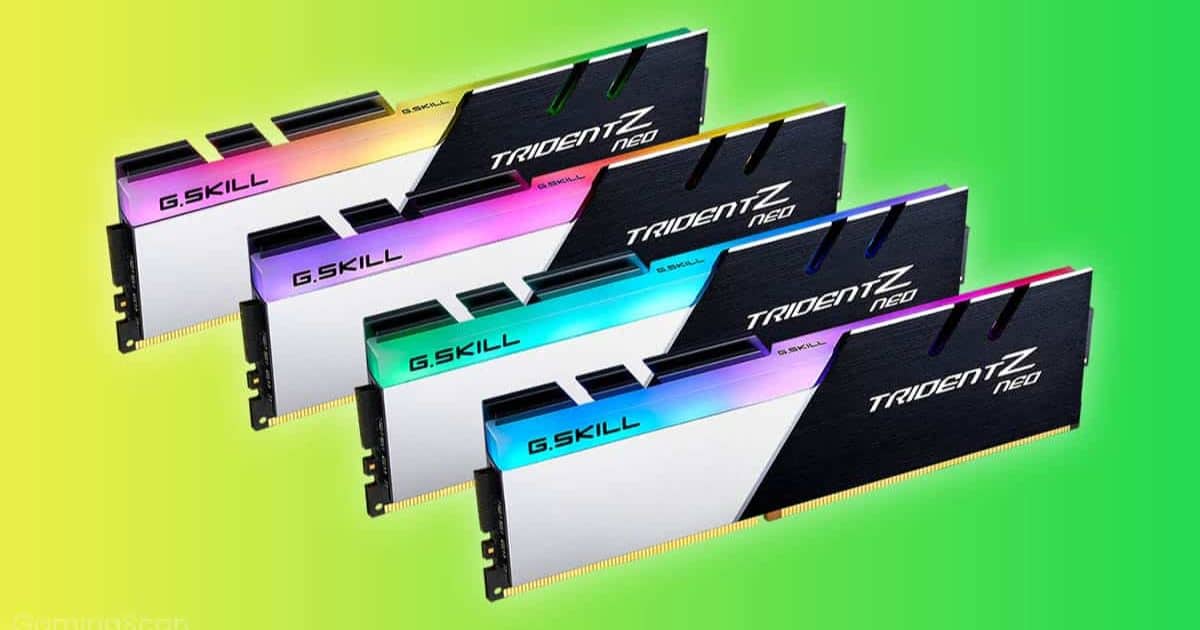With the continuous advancement of gaming technology, one crucial consideration for gamers is the amount of RAM required for optimal performance in a gaming PC. According to recent studies, approximately 8GB of RAM is considered the minimum requirement for most modern games. However, this figure can vary depending on various factors such as game complexity and multitasking needs. This article aims to provide an objective analysis of determining the optimal RAM capacity, understanding RAM speeds and performance, selecting the appropriate RAM type, considering upgrade options, and striking a balance between RAM capacity and cost for an ideal gaming experience.
Key Takeaways
- The minimum requirement for most modern games is 8GB of RAM, but RAM capacity should be sufficient to support background processes like streaming or video rendering.
- RAM speeds refer to how quickly data can be accessed and transferred, and faster memory speeds can lead to improved game performance.
- RAM type significantly impacts performance and overall experience, so compatibility with the motherboard, desired capacity, and preferred RAM speed should be considered.
- When upgrading RAM for a gaming PC, compatibility with the motherboard, desired capacity, preferred speed, dual-channel memory configurations, and available RAM slots should be taken into account.
Determining the Optimal RAM Capacity for Gaming

The optimal RAM capacity for gaming can be determined by considering the system requirements of the specific games being played and any additional tasks that may be performed simultaneously. Memory plays a crucial role in gaming, as it stores data that is required by the game and allows for smooth performance. Modern games often have higher memory requirements due to their complex graphics, detailed environments, and sophisticated gameplay mechanics. To ensure optimal performance, it is essential to have enough RAM to meet these demands. Additionally, the RAM capacity should be sufficient to support other processes running in the background while gaming, such as streaming or video rendering. The choice of RAM capacities also depends on factors like the processor’s capabilities and storage speed in your gaming machine. Thus, understanding the memory requirements of your chosen games and considering simultaneous tasks will help determine the optimal RAM capacity for your gaming needs.

RAM speeds and performance are crucial factors to consider when optimizing a gaming computer. The motherboard, graphics card, and applications all rely on the random access memory (RAM) to perform tasks efficiently. Memory speeds refer to how quickly data can be accessed and transferred within the RAM. For gamers, faster memory speeds can lead to improved game performance, as it allows for quicker loading times and smoother gameplay. When selecting RAM modules, it is essential to ensure compatibility with the motherboard’s supported memory rates. It is also important to note that while higher memory speeds can enhance gaming performance, there may be diminishing returns beyond a certain point. Therefore, finding the right balance between cost and performance is key for gamers looking to optimize their computers’ RAM capabilities.
Choosing the Right RAM Type for Your Gaming PC
When selecting memory modules for a gaming computer, it is important to consider the appropriate type that best suits the system’s requirements. The choice of RAM modules can significantly impact the performance and overall experience of a gaming machine. There are various factors to consider when choosing the right RAM type, such as compatibility with the motherboard, desired capacity, and preferred RAM speed. Different versions of RAM modules exist, including DDR3 and DDR4, each offering varying speeds and capacities. Additionally, prices may vary depending on these factors. It is crucial to research and understand the specific requirements of one’s system before making a decision. Considering factors like drive space, browsing habits, and link between RAM speed and overall performance can help in determining an optimal choice for a gaming PC’s memory configuration.
Factors to Consider When Upgrading Your Gaming PC’s RAM
Factors to consider when upgrading the memory configuration of a gaming computer include compatibility with the motherboard, desired capacity, and preferred speed.
- Compatibility with the Motherboard: Before upgrading your RAM, it is crucial to ensure that it is compatible with your motherboard. Different motherboards support different types and speeds of RAM, so checking the specifications is essential.
- Desired Capacity: The amount of RAM you need for a gaming PC depends on your specific requirements. While 8GB may be sufficient for casual gaming, more demanding games may benefit from 16GB or even 32GB of RAM.
- Preferred Speed: The speed of your RAM can have a significant impact on performance. Faster memory modules can improve frame rates and provide a smoother gaming experience.
As a rule of thumb, dual-channel memory configurations offer better performance compared to single-channel setups. It’s also important to check the number of available RAM slots in your motherboard as it determines how many sticks of memory you can install. Ultimately, choosing the right combination of compatibility, capacity, and speed will ensure an optimal gaming experience without any poor performance issues.
Balancing RAM Capacity and Cost for an Ideal Gaming Experience
To achieve an ideal gaming experience, it is essential to strike a balance between the capacity of memory and its associated cost. RAM, or Random Access Memory, plays a crucial role in enhancing gaming performance by providing quick access to data and instructions. The amount of RAM required varies depending on factors such as the type of games played and the overall system requirements. Casual gamers may find that 8GB or 16GB of RAM is sufficient for their needs, while more demanding games and tasks may benefit from higher capacities such as 32GB or even 64GB. It’s important to consider not only the capacity but also the cost when choosing RAM for your gaming PC. Higher-capacity kits often come with a larger price tag, so finding a balance between performance benefits and budget constraints is key. Considering the generation of RAM and kit capacities available can further aid in optimizing your gaming experience without overspending on unnecessary resources.
Conclusion
In conclusion, determining the optimal RAM capacity for a gaming PC requires careful consideration of various factors such as the type of games being played and the overall system requirements. Additionally, understanding the importance of RAM speeds and choosing the right type of RAM can greatly impact gaming performance. When considering an upgrade, it is essential to strike a balance between RAM capacity and cost in order to achieve an ideal gaming experience. Just like building a sturdy bridge with precisely measured materials, selecting the appropriate amount of RAM ensures smooth gameplay without any bottlenecks.

Brook over 3 years of professional gaming, esports coaching, and gaming hardware reviews to provide insightful expertise across PC, console, and mobile gaming.










